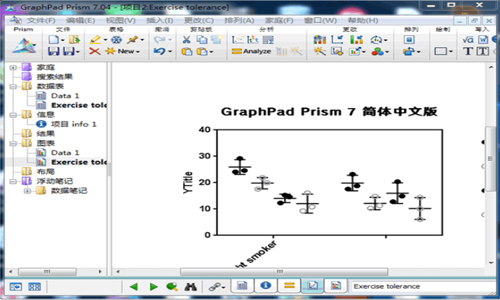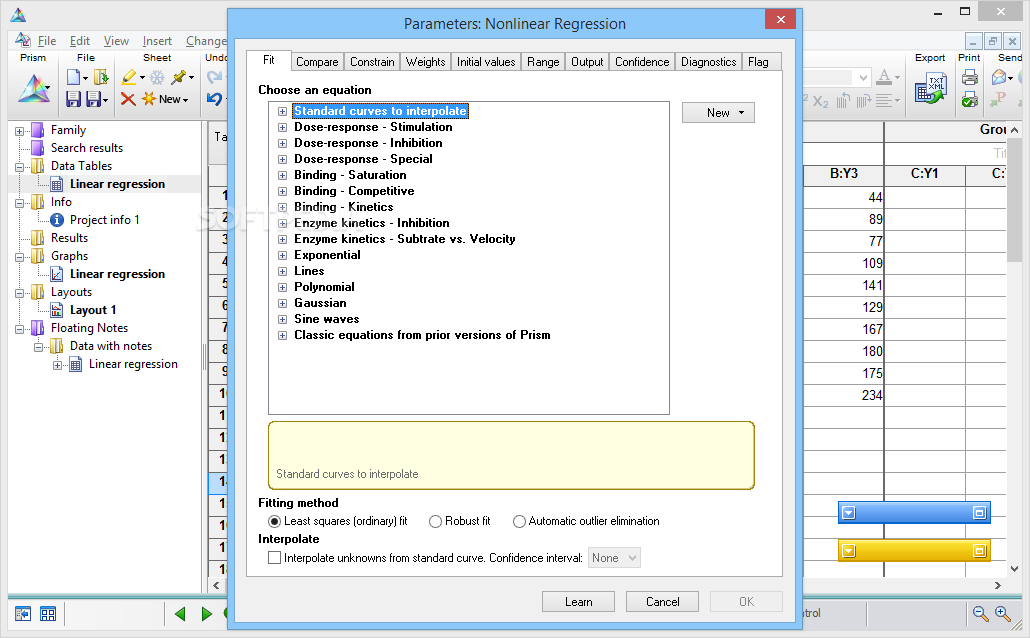

In the current pilot study, it was noticeable that NSCs from the ADHD group proliferate less than controls, while no differences were seen at the iPSC developmental stage. To test this hypothesis, we analysed the proliferation of induced pluripotent stem cells (iPSCs) and neural stem cells (NSCs) derived from male children and adolescents diagnosed with ADHD and with genetic predisposition to it (assessed using polygenic risk scores), as well as their respective matched controls.

However, the cellular mechanisms are still not elucidated. Possible differences in cellular growth rates might reflect the clinical observations in ADHD patients. Brain maturation delays of a 4-year lag are commonly found in patients, when compared to controls of the same age.

Genetic and environmental factors play important roles in ADHD etiology, which leads to a wide range of clinical outcomes and biological phenotypes across the population. Attention-deficit hyperactivity disorder (ADHD) is a neurodevelopmental polygenic disorder that affects more than 5% of children and adolescents around the world.


 0 kommentar(er)
0 kommentar(er)
